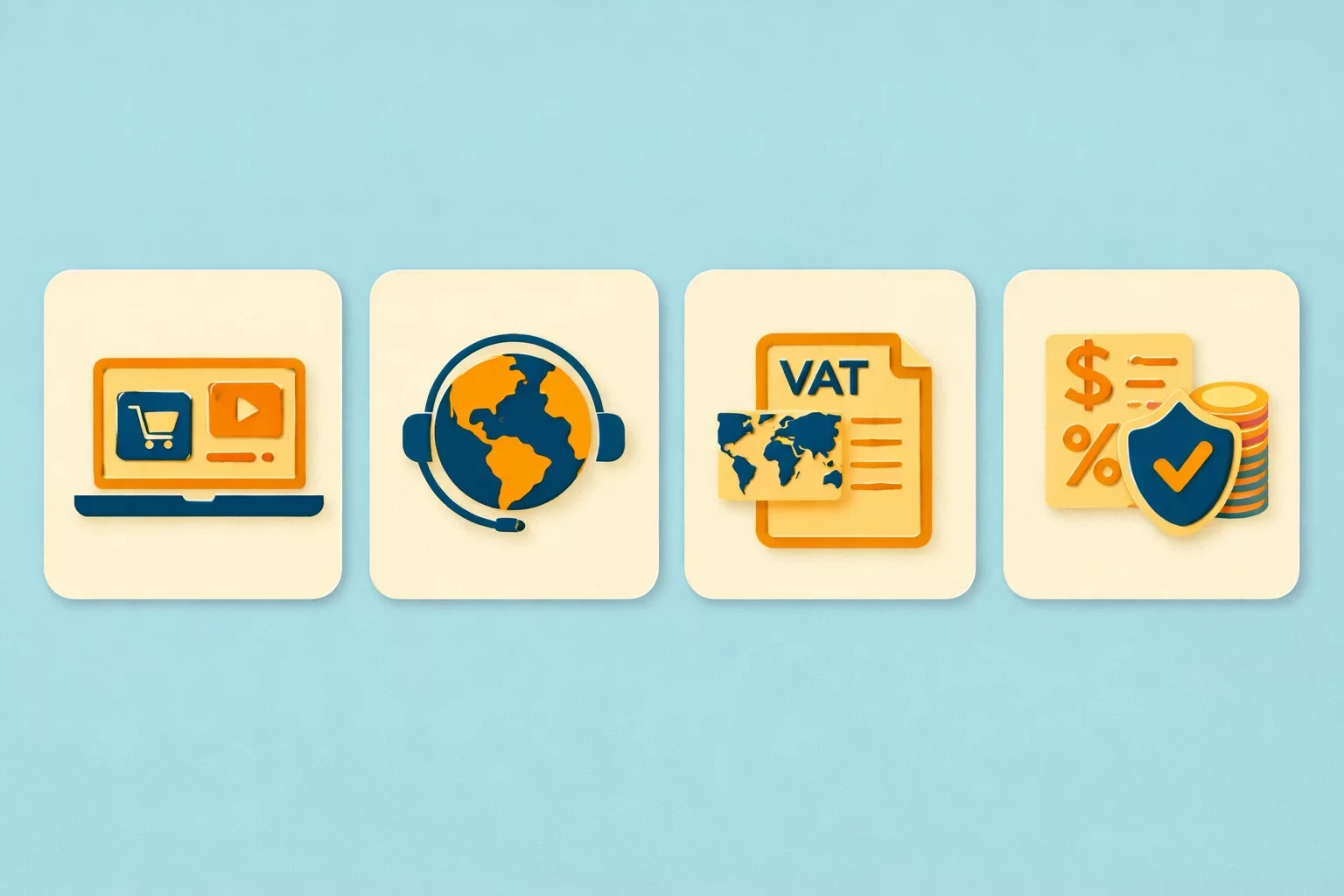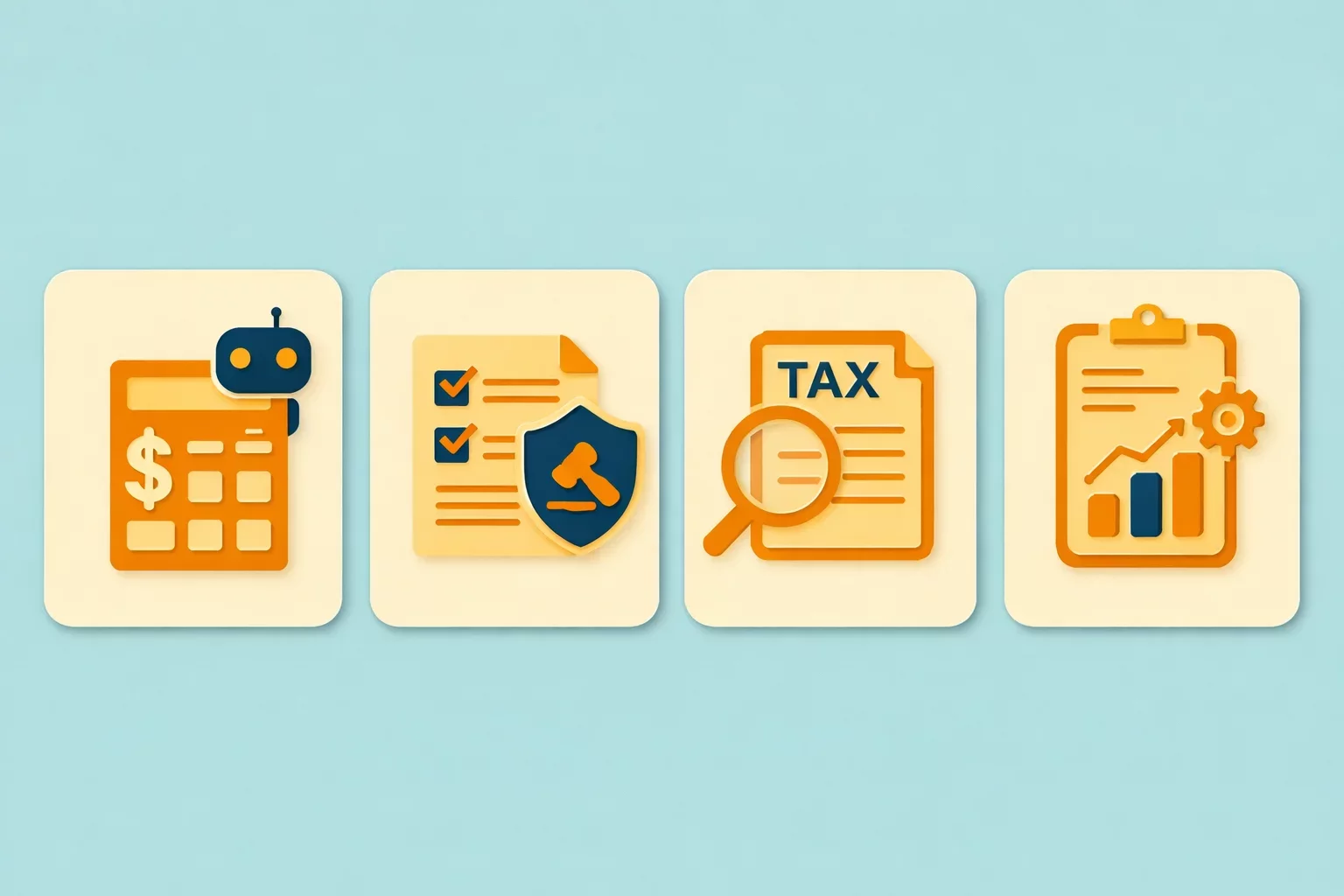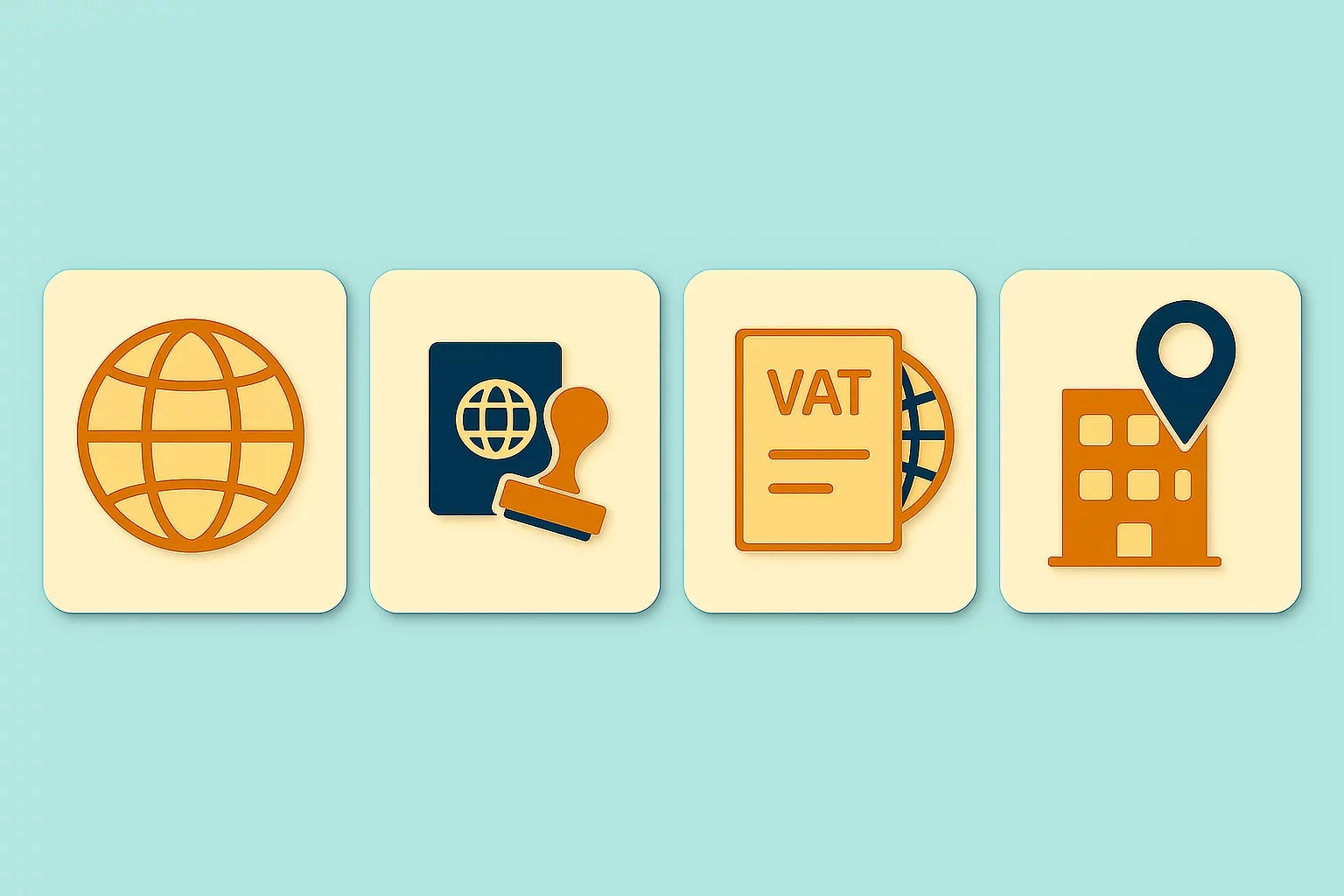VAT Registration - Basics and Tips

There are different reasons why, when, and how the economic operator should or can follow the determined procedure to become a VAT-registered business. In a nutshell, the most general approach would be to differentiate factors into two categories. These conditions are established via the national legislative background.
Using this logic and reasoning behind it, in simple words, the conditions that call for VAT registration can be classified as the ones that are seen as mandatory(when the trigger for the registration is, e.g., reaching a specific threshold) or voluntary reasons(when the economic operator wants to register for VAT voluntarily).
The VAT registration process and requirements differ from one jurisdiction to another and can present different business challenges.
VAT Registration
VAT registration is a process that is finalized only when the applicant obtains a VAT registration number, also known as a VAT identification number, VAT ID no, or VAT tax number. Businesses must obtain a VAT registration number once their turnover reaches a certain threshold.
Once the taxable person obtains the VAT ID, it should be used adequately in all the situations defined by tax laws.
Who Needs to Register for VAT?
Businesses can voluntarily register for VAT when the taxable person wants to claim the input tax credit. To do that, the interested party must have been previously VAT registered.
Besides the cases of voluntary registration, there are many more situations when economic operators must follow the VAT registration procedure. This happens for various reasons defined by the local tax regulations. Usually, the main reason that triggers compulsory registration is reaching the established threshold.
The measurement periods for these thresholds could be different. In most cases, they cover the period of:
Twelve months
Calendar year
Fiscal or financial year and
Other
What are the Thresholds for VAT Registration?
For illustrative purposes, let's examine the thresholds and triggers for VAT registration in the following two countries.
The determined thresholds that trigger mandatory VAT registration vary from country to country. In the UK(example-wise), businesses should register for VAT if the turnover for the last 12 months was above GBP 90,000 or if the expected turnover will surpass the indicated threshold in the next 30 days.
In Germany, the Tax Code permits local businesses to leverage the SME scheme to become non-VAT registered if the conditions are met. The main conditions are that the SME's turnover in the preceding year was less than EUR 22,000 and that the forecasted turnover for the current year will be lower than EUR 50,000.
How to Register for VAT?
There are several essential steps in the VAT registration process(some of these are explained below):
Determine when and where to register for VAT. As mentioned above, businesses should know the turnover threshold for each country they operate in to know when to register for VAT in each country.
Prepare necessary documentation—Just like with the threshold, the documentation needed for a VAT registration application might differ from one country to another. Still, the common ones are the business identification number and business information such as the name, address, contact information, and proof of business activity.
Apply for VAT registration—Depending on the country's legislation, an Application for VAT registration can be submitted either online through a tax portal or offline, that is, by submitting a paper-based form to the Tax Authority.
Wait for VAT registration number—The VAT registration process can last from a few days to a few weeks after applying. Therefore, businesses must know when they will exceed the threshold and submit applications on time.
What are the Penalties for Skipping the Registration?
Businesses that fail to register for VAT can face severe penalties. These penalties include fines based on unpaid VAT, operating as a non-VAT registered taxable person, and many others.
Penalties and fines vary from country to country, from relatively “small” to severe, and can lead businesses to bankruptcy.
Conclusion
The VAT registration process is finished only when the applicant obtains their unique VAT ID from the tax authority.
This process includes determining the appropriate timing and jurisdiction, preparing necessary documentation, and applying online or offline. After applying, businesses await their VAT registration number, which can take several days to weeks.
It's crucial to note that failure to register can result in severe penalties, including fines based on unpaid VAT, which vary significantly across jurisdictions and can potentially lead to bankruptcy. This underscores the importance of understanding and adhering to the VAT registration process.

More News from World
Get real-time updates and developments from around the world, keeping you informed and prepared.
-e9lcpxl5nq.webp)

































-7xdqdopxl6.webp)



-a9bz8kz2cs.webp)






























